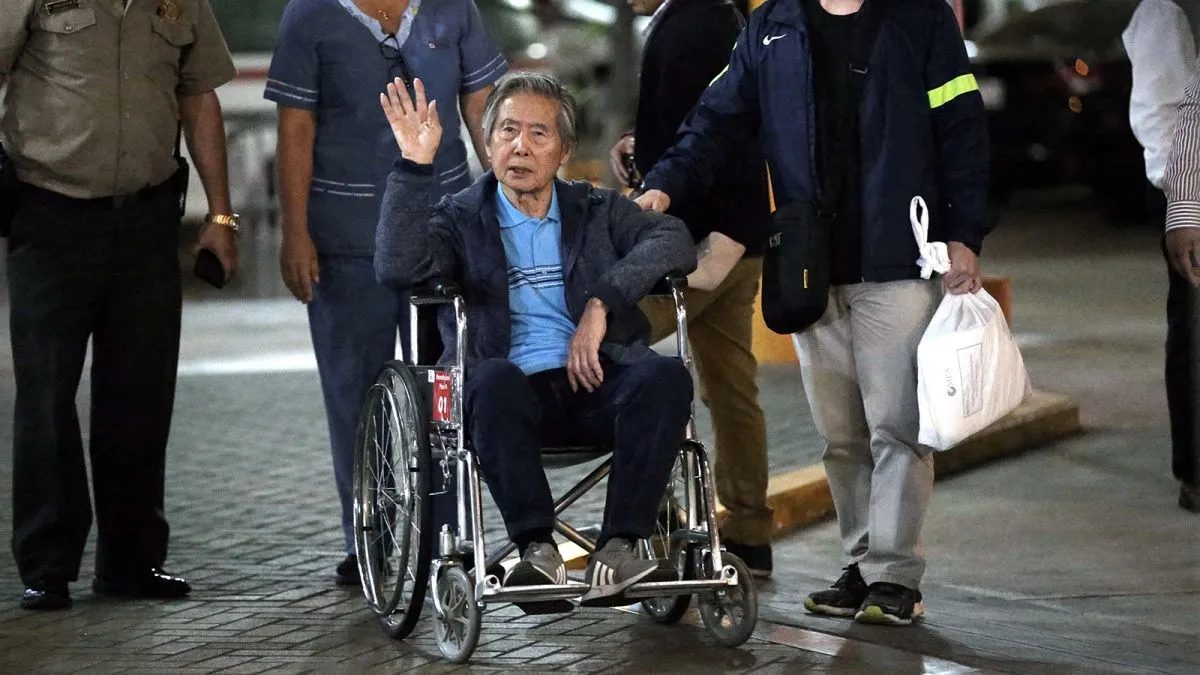Fujimori: The Legacy of Alberto Fujimori in Peru's Political Landscape

Fujimori's Polarizing Presidency
Alberto Fujimori, a former president of Peru, emerged as a contentious figure in international politics during the 1990s. His government, which lasted from 1990 until 2000, was characterized by significant reforms but also severe criticisms regarding human rights violations. Supporters view him as a savior, having rescued Peru from economic collapse and guerrilla warfare.
The Downfall of a Leader
Amid corruption scandals, Fujimori fled and resigned via fax, leading to his eventual imprisonment in 2005 for numerous crimes, including human rights abuses. Accusations of his involvement with a death squad that led to horrific massacres highlight the darker aspects of his rule.
- Born: July 28, 1938, in Lima, Peru
- Background: Son of Japanese immigrants and a talented academic
- Legacy: Divided opinions; revered by some, reviled by others
Final Thoughts
Alberto Fujimori's life, marked by controversy, distress, and a complicated legacy, continues to impact the political narrative of Peru even after his death.
This article was prepared using information from open sources in accordance with the principles of Ethical Policy. The editorial team is not responsible for absolute accuracy, as it relies on data from the sources referenced.